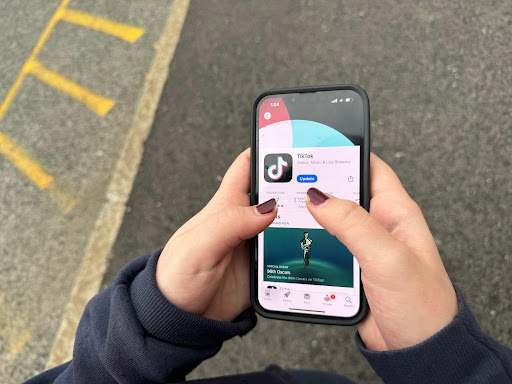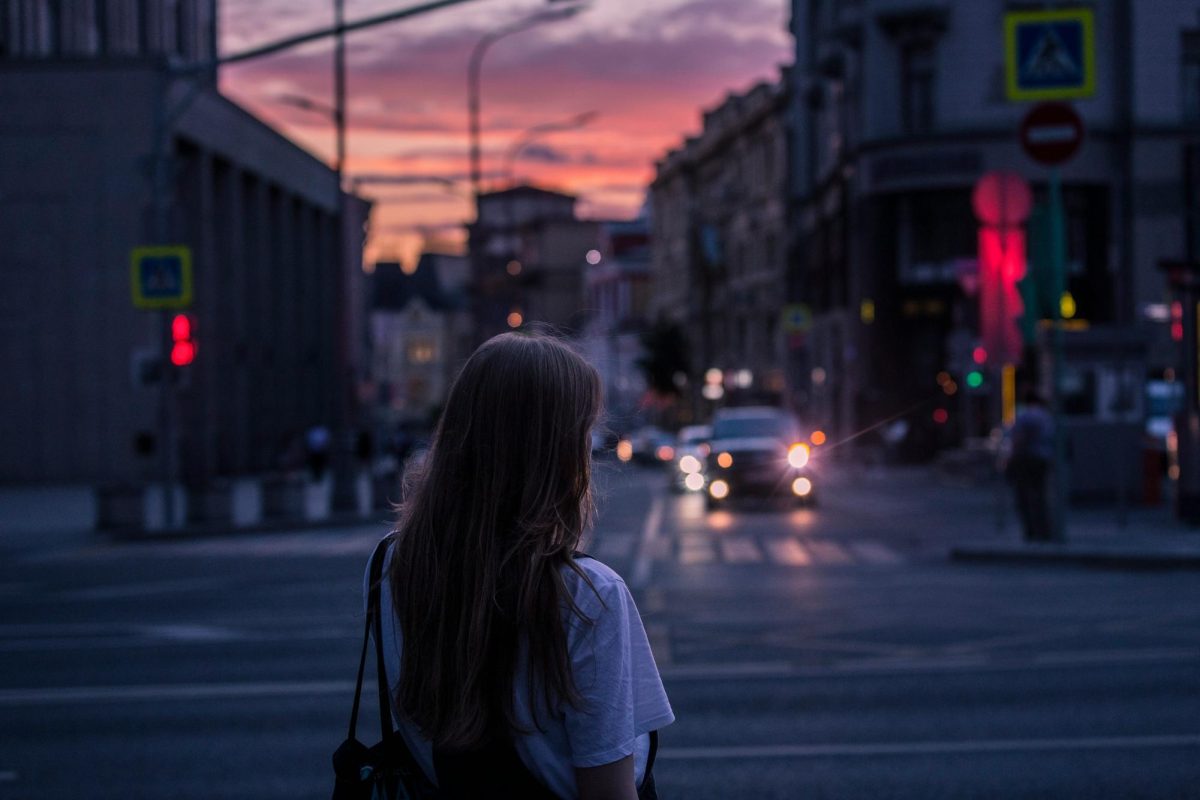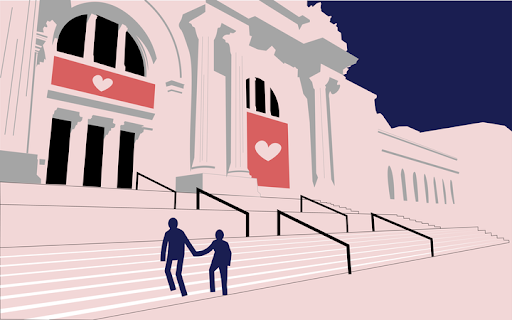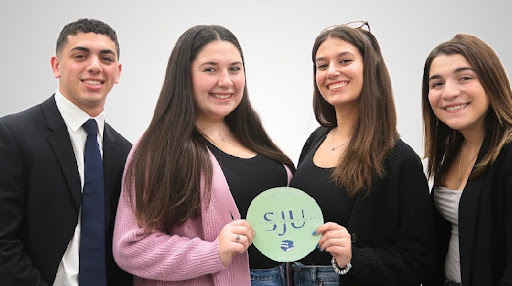
The House recently approved a bill that will force TikTok’s parent company, ByteDance, to sell the social media app within six months or face a country-wide ban in the United States. The March 13 vote marks the potential security threat that is facing the 170 million Americans who use the popular, short-form video app.
The FBI and the Federal Communications Commission have raised caution that the Chinese company could be sharing user data including browsing history and location with Chinese authorities.
The bill passed the House 352 to 65 and now heads to the Senate where an unforeseen decision awaits. The ban has raised questions about free speech, digital privacy and the role of social media in today’s society.
As the potential TikTok ban continues to dominate headlines, St. John’s University students are sharing their perspectives on what this means for them and the broader digital landscape.
Emily Estacio, a sophomore who admitted to not using TikTok as much as other platforms like Twitter, commented that the “TikTok ban is a bit strange.” She continued to say that the ban will spark a chain reaction, so “it’s unfair to the app and its users because if the U.S. bans it then other nations will probably follow along.”
It’s not only a concern that other countries will follow suit but that social media apps will produce stricter regulations as well. When it comes to how this ban will affect other popular apps, both officials and users are left without answers.
“I feel like [the government] is going to double down on companies like Meta and the socials they control like Instagram,” freshman Sydney Nuwesra said. “I think that they will put stricter regulations when it comes to content about, let’s say, opposing countries.”
Freshman Franny Vacca gave her take on the chain reaction the TikTok ban could potentially have. “I don’t think there will be regulations on other apps, she said. “I feel like Instagram and Snapchat, they’ve done nothing that we know of, so I think that TikTok might be the only place that stuff is really regulated.”
However, Vacca did express that this potential ban will “cause some awareness for those who run apps. They might put restrictions on Instagram, especially with constant talk of war and everything that’s going on in the world.”
Similarly, senior Batel Yaacobov, a self-proclaimed “avid TikTok user,” stated that she found the ban to be awkwardly timed. “On second thought, I have noticed weird things about the app because when I would talk about a topic like certain brands, they would pop up on my ‘for you page,’” Yaacobov said.
Sophomore Emmy Weiss empathizes with the business owners and content creators who make their living through the under-review social media app.
“Some people promote their small businesses on TikTok, I mean, there’s those people who have started their careers on here that are going to bear the brunt of this ban,” Weiss said. “Even big artists promote their music on this platform, and I would think that [the government] would have bigger things to deal with.”
“I feel like this is kind of unprecedented; the only thing I’ve ever really seen like this was when Trump was kicked off Twitter,” Nuwesra added. “They’re actively saying ‘you cannot be here anymore, you cannot have TikTok in the United States anymore.’”
The uncertainty around the ban leaves many students like Nuwesra feeling unsure about what’s next. “I feel like a lot of it is up in the air,” she commented.
As developments on the TikTok ban are pending, one thing is clear: SJU students are closely watching how this decision will shape the future of social media and its accessibility.







